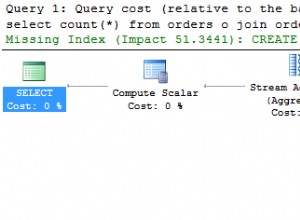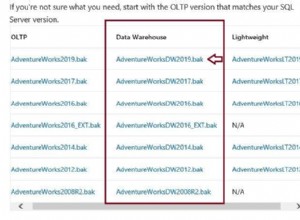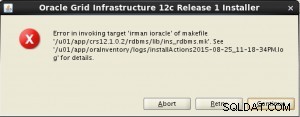Lo schema che hai descritto sarà molto efficiente per il tipo di query che ti interessa, a condizione che tu metta gli indici corretti sulle tue tabelle. I database non si comportano come liste:porre la domanda "A quali offerte ha partecipato XXX" non dovrebbe scansionare l'intera tabella, perché una tabella indicizzata correttamente saprà esattamente dove trovare tutte le offerte di XXX.
Per impostare correttamente questa configurazione, ecco come saranno le tue migrazioni:
class CreateStandardUsers < ActiveRecord::Migration
def change
create_table :standard_users do |t|
t.string :name
t.timestamps
# More fields go here
end
add_index :standard_users, :name
end
end
class CreateDeals < ActiveRecord::Migration
def change
create_table :deals do |t|
t.references :admin_user
# other fields go here
end
add_index :deals, :admin_user_id
# other indices go here... anything you want to search on efficiently.
end
end
class CreateDealParticipations < ActiveRecord::Migration
def change
create_table :deal_participations do |t|
t.references :standard_user
t.references :deal
t.timestamps
end
add_index :deal_participations, :standard_user_id
add_index :deal_participations, :deal_id
add_index :deal_participations, :created_at
end
end
C'è ancora molto di più che appartiene a queste migrazioni (ad esempio dovresti aggiungere vincoli non nulli, vincoli di unicità, ecc.). Ma il punto è che avere questi indici rende le operazioni del database che stai descrivendo estremamente veloci.




